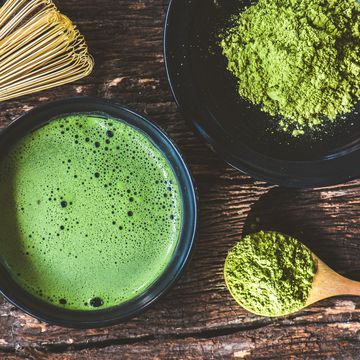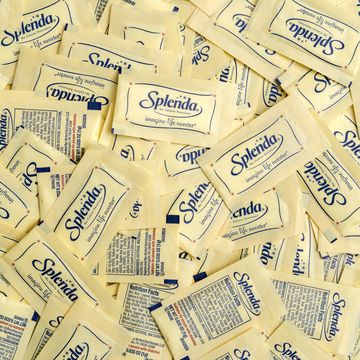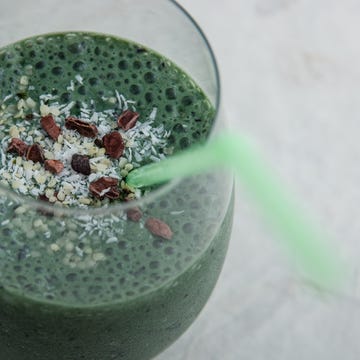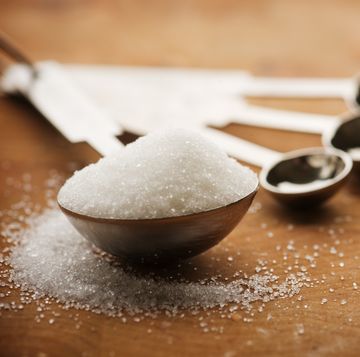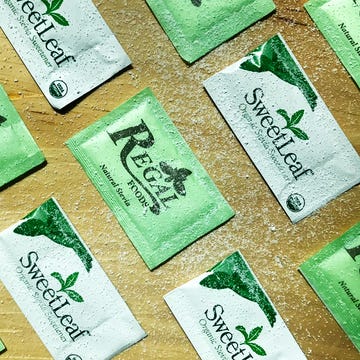Feeling Queasy? Eat These 6 Foods For Nausea Prevention
Settle your stomach before your next run.

We earn a commission for products purchased through some links in this article. Why Trust Us?
Gastrointestinal complaints are paramount among us runners. But it’s not just midrun stomachaches or bathroom breaks that can plague athletes. Just the thought of experiencing exercise-induced nausea can also make it hard to get out the door.
“Those who engage in intense marathons, triathlons, cycling, and high-intensity training are at higher risk for [exercise induced nausea],” says Robert Glatter, M.D., assistant professor of emergency medicine at Northwell Health and attending emergency physician at Lenox Hill Hospital. And those who have a history of GERD (or acid reflux) are at an even higher risk, thanks to excess pressure on your core, he says.
One reason—exercise-induced nausea can happen in athletes episodically after high-intensity or strenuous training, according to a 2013 study published in Gastroenterology Review. This nausea can turn in to vomiting, unless there’s some relief, like slow and deep abdominal breathing and application of a cool compress to the forehead or back of your neck.
Why does this happen? “Exercise-induced nausea results from reduced blood flow to the stomach during intense exercise, as blood flow is directed to more critical organs, such as the heart, lungs, and brain,” says Glatter.
There are a few other causes, some being more severe than others. For starters, it could be physiological, coming from a functional disorder, such as irritable bowel syndrome. It could also be tied to factors like types of exercise, climate conditions, duration and intensity, and hydration status. While you make not be able to make nausea disappear completely, luckily—in some cases—foods for nausea prevention can help.
Nausea may even occur if you start and stop running too abruptly. “Your stomach is not ready for the sudden level of deceleration in the intensity of the exercise. It’s best to gradually slow your pace as you finish your run or cross the finish line,” says Glatter.
It's important to seek medical attention if you experience nausea if you have not yet discussed it with your doctor. But once you've been able to tie nausea to exercise, there are foods for nausea prevention that can help lessen symptoms and get your out the door.
[Smash your goals with a Runner’s World Training Plan, designed for any speed and any distance.]
Isadora Baum is a freelance writer, certified health coach, and author of 5-Minute Energy. She can't resist a good sample, a margarita, a new HIIT class, or an easy laugh. Learn more about her on her website: isadorabaum.com.

Readers Also Read

24 Trader Joe’s Products Nutritionists Avoid
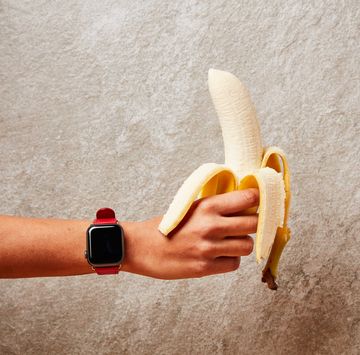
23 Foods That Have More Potassium Than a Banana
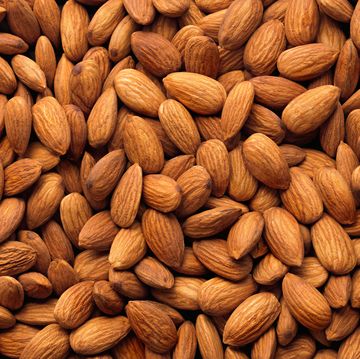
26 Magnesium-Rich Foods to Add to Your Diet
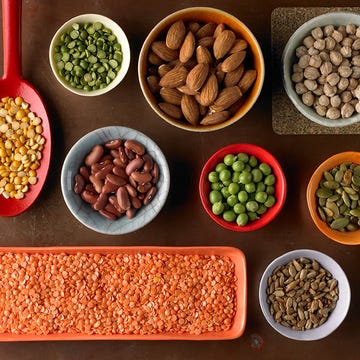
The 20 Highest Protein Foods Vegetarian Runners Can Eat






